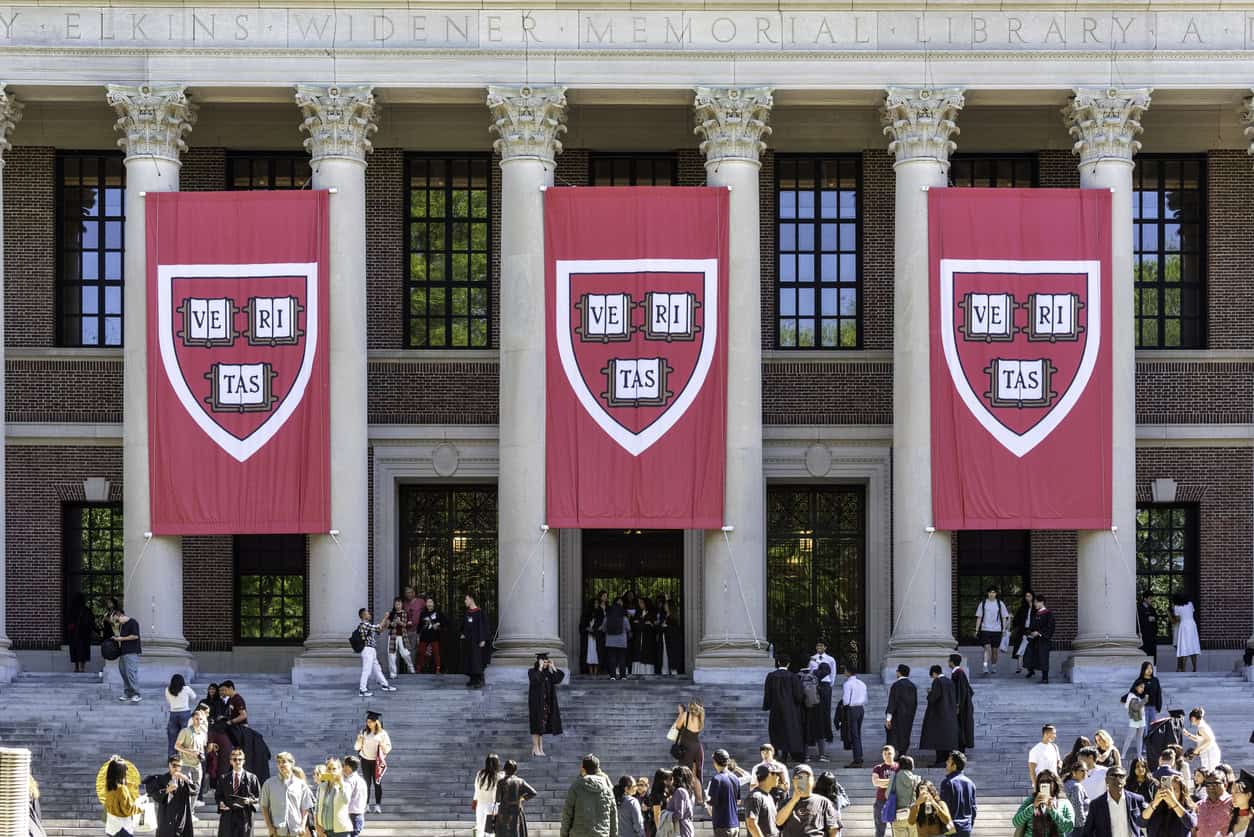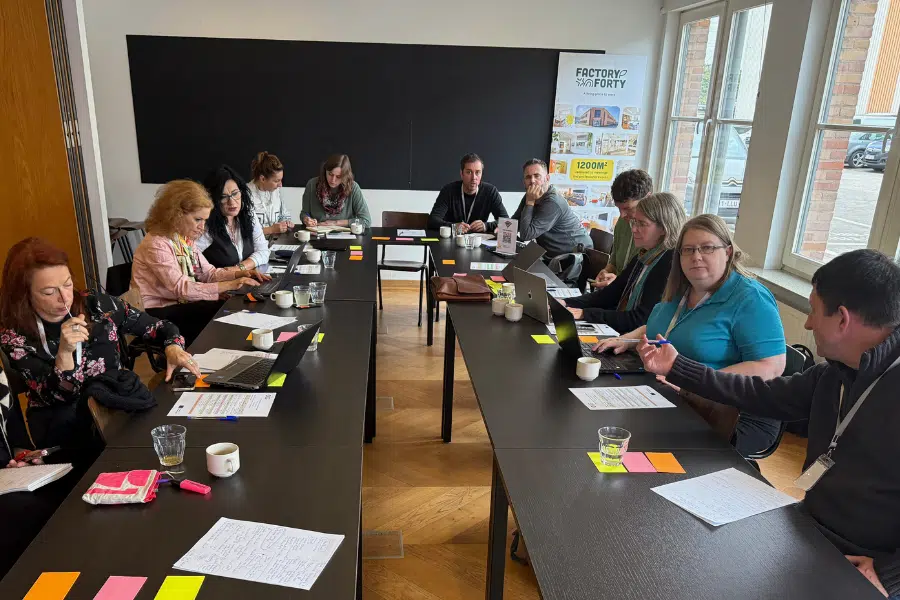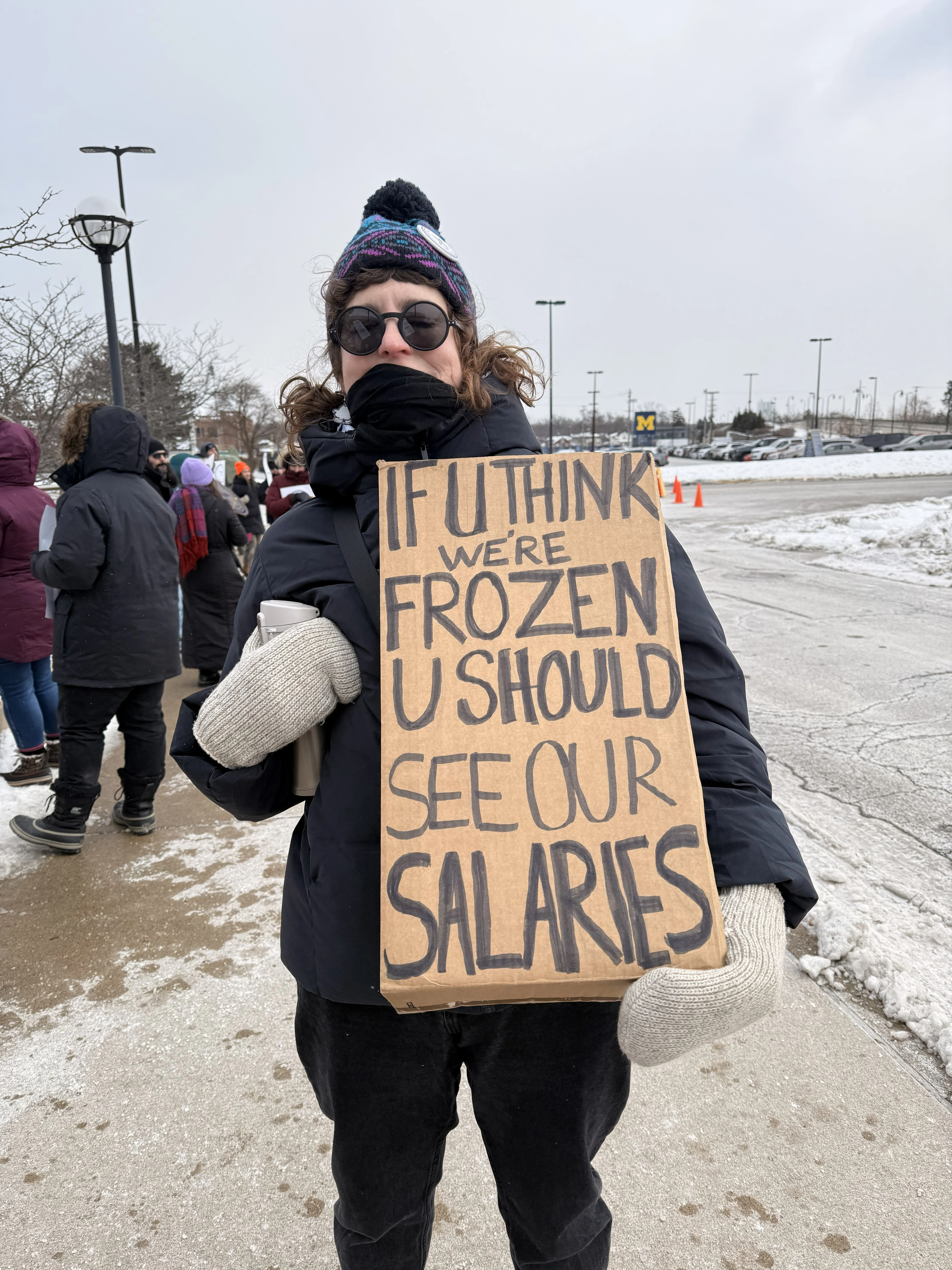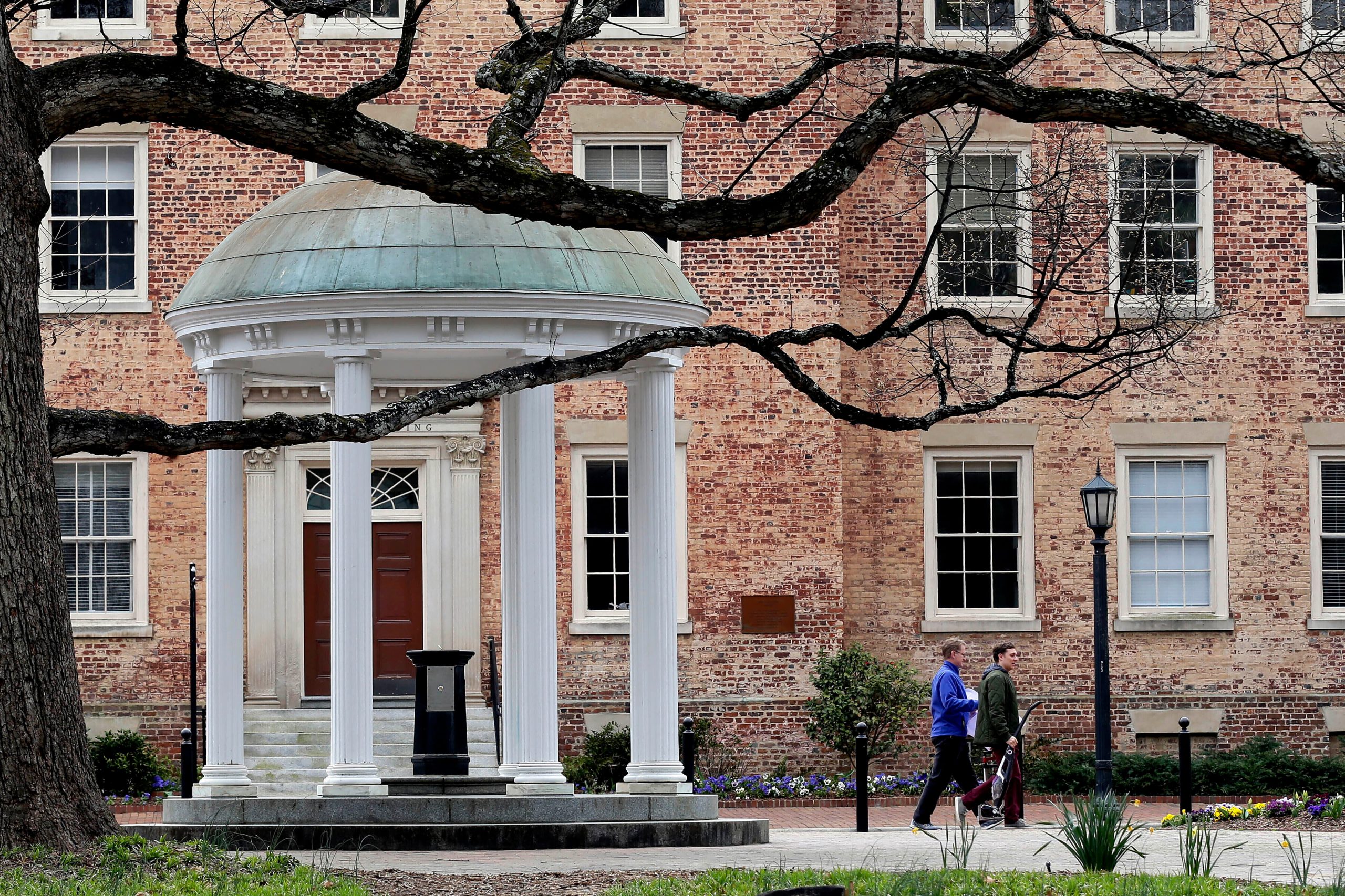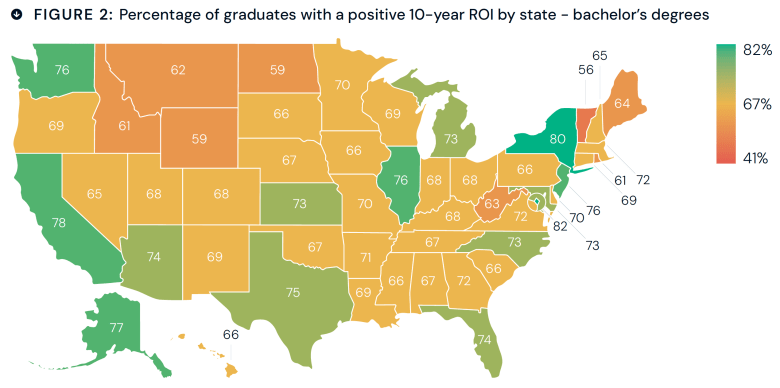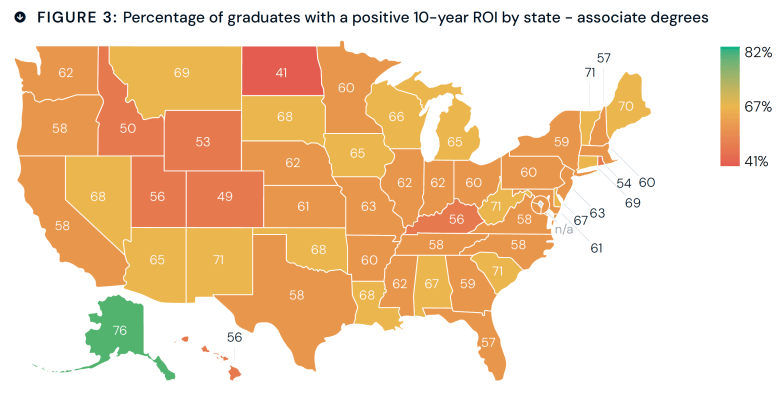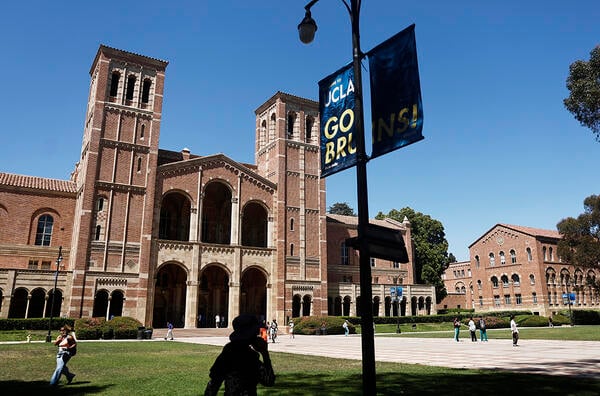This week, the American Council on Education (ACE) was joined by 22 higher education associations filing an amicus brief in support of Harvard against the administration’s efforts to uphold Trump’s June 2025 proclamation barring international students from the institution.
“If the federal government may punish a university for its perceived ideology or that of its students, then the marketplace of ideas collapses into a monopoly of dogma,” the brief warns.
It urges the court to affirm the preliminary injunction issued by Judge Allison Burroughs last June, which blocked Trump’s attempt to prohibit foreign nationals seeking to study at Harvard from entering the US.
The signatories have said the proclamation represents an unprecedented executive overreach threatening institutional autonomy and academic freedom, as well as violating the First Amendment.
“Over the last year, the current administration has engaged in an unprecedented effort to coerce institutions of higher education to behave in a manner that reflects the administration’s preferred ideology, including by reshaping their faculty, curriculum and student body,” the document reads.
“When Harvard resisted the administration’s unlawful demands, the administration retaliated with extreme sanctions, including the proclamation issued in this appeal.”
The case arises from multiple attempts by the Trump administration bar international students from attending the Ivy League institution last spring.
Initial efforts were led by the Department of Homeland Security (DHS) attempting to strip Harvard of its SEVP Certification, which enables US institutions to enrol international students – a move halted by federal district judge Allison Burroughs.
Weeks later, Trump escalated efforts and issued his own presidential proclamation aimed at achieving the same result, which was met with a preliminary injunction from judge Burroughs, who said Trump’s directive implicated core constitutional protections.
Appealing judge Burroughs’ decision, the administration argued the proclamation was legal under the president’s immigration authorities – citing the familiar argument relating to national security concerns. This took the case to First Circuit appeals court, where it is now being heard.
The White House did not immediately respond to a request for comment.
Trump’s proclamation cites Harvard’s alleged “violent crime rates” and deficient reporting on foreign students as rationales for the directive, alongside its “entanglements” with the Chinese Communist Party and “discriminatory” admissions practices reducing opportunities for American students.
If the federal government may punish a university for its perceived ideology or that of its students, then the marketplace of ideas collapses into a monopoly of dogma
American Council on Education et al.
The brief argues that the proclamation is “fundamentally inconsistent with institutional autonomy – at Harvard and other educational institutions across the country” and that the administration’s actions are unconstitutional and set a dangerous precedent for all US colleges.
“The administration’s actions at issue in this case are directed at Harvard, but they reverberate throughout every state in the nation,” the brief states, arguing that punishing a university for its perceived ideology is “the antithesis of American values”.
It highlights the targeted nature of Trump’s directive, which would allow international students into the US seeking to study at any institution but Harvard – signalling the intervention is punitive, not regulatory, the amici said.
They emphasise the value of international students, “who … enrich and strengthen our community in innumerable ways”.
“But these benefits are unattainable when schools are prohibited from enrolling international students because they do not pass the government’s ideological litmus test.”
The brief contextualises the case within the administration’s long-running assault on Harvard, involving the freezing of federal grant funding, threats to Harvard’s tax-exempt status and requests for information regarding Harvard’s international students.
The administration’s appeal is expected to be considered in the coming months.
In the federal funding fight, judge Burroughs found in September 2025 that the administration acted unlawfully when it cut Harvard’s research grants – a case also heading to the court of appeal after the administration disputed the ruling.
Despite the ongoing attacks on America’s oldest institution, Harvard’s overseas enrolments rose to their highest level since 2002 this academic year, making up 28% of the total university population.

